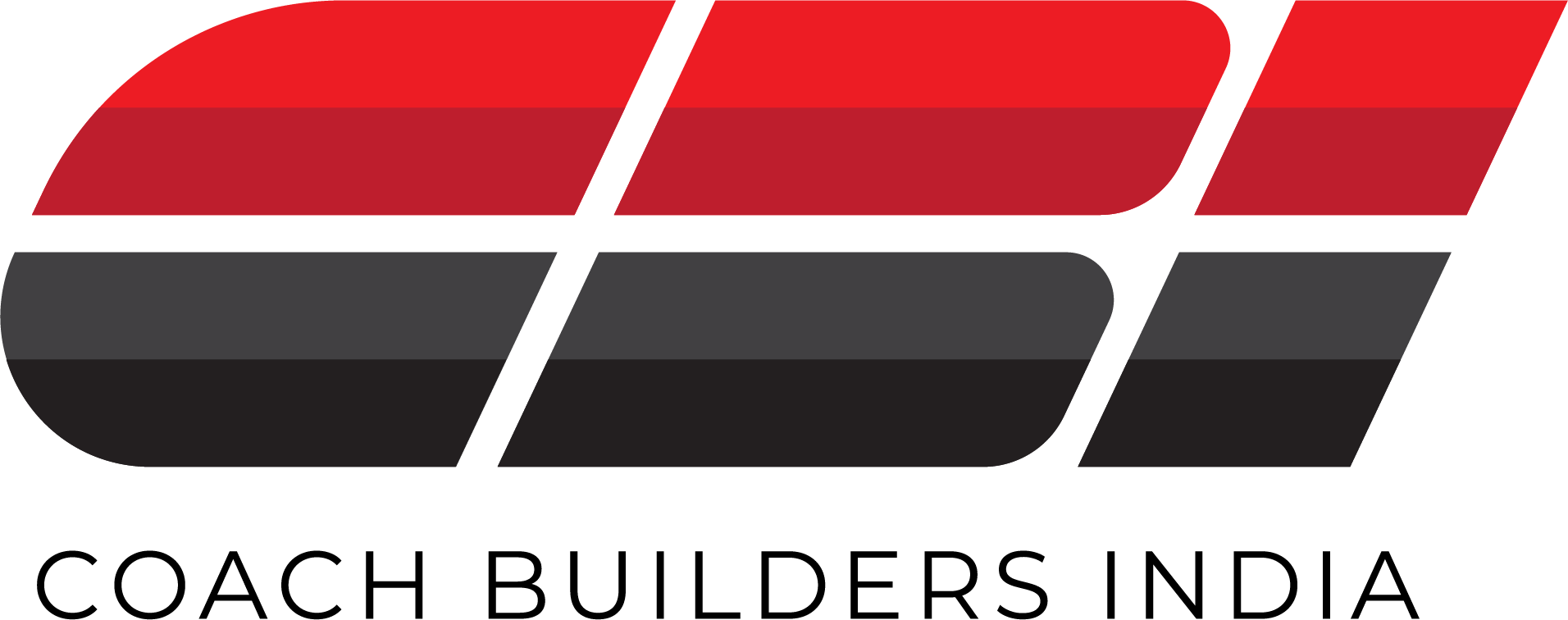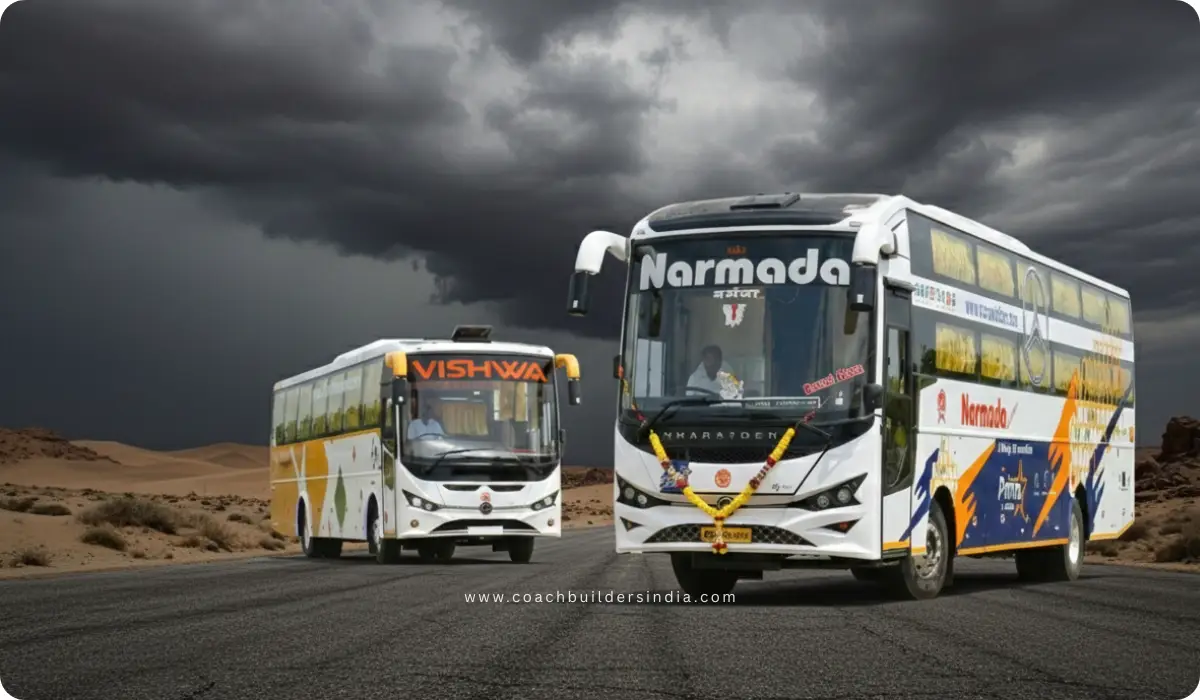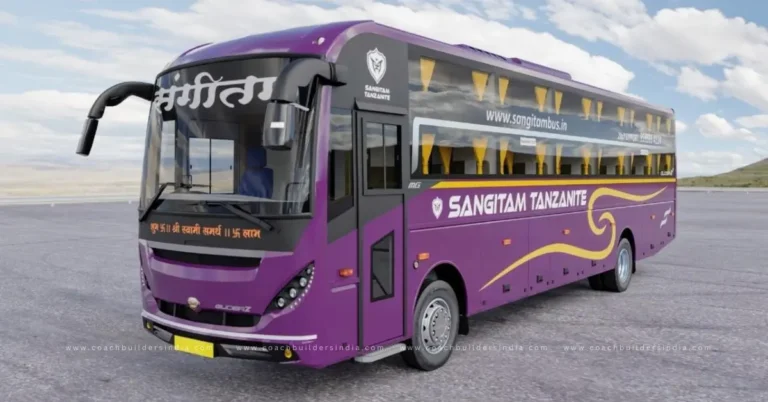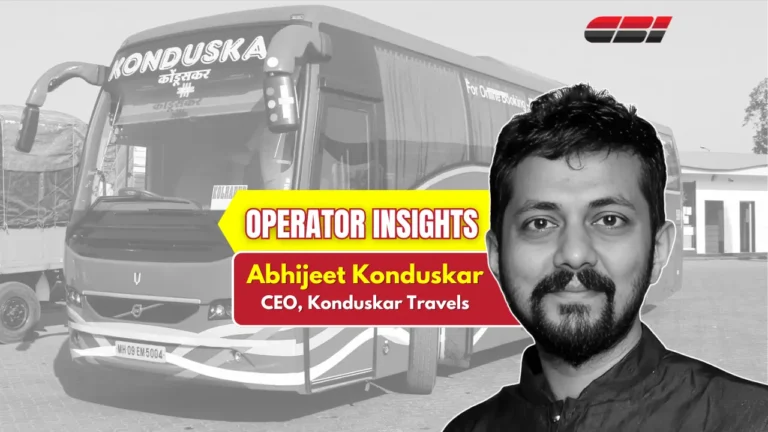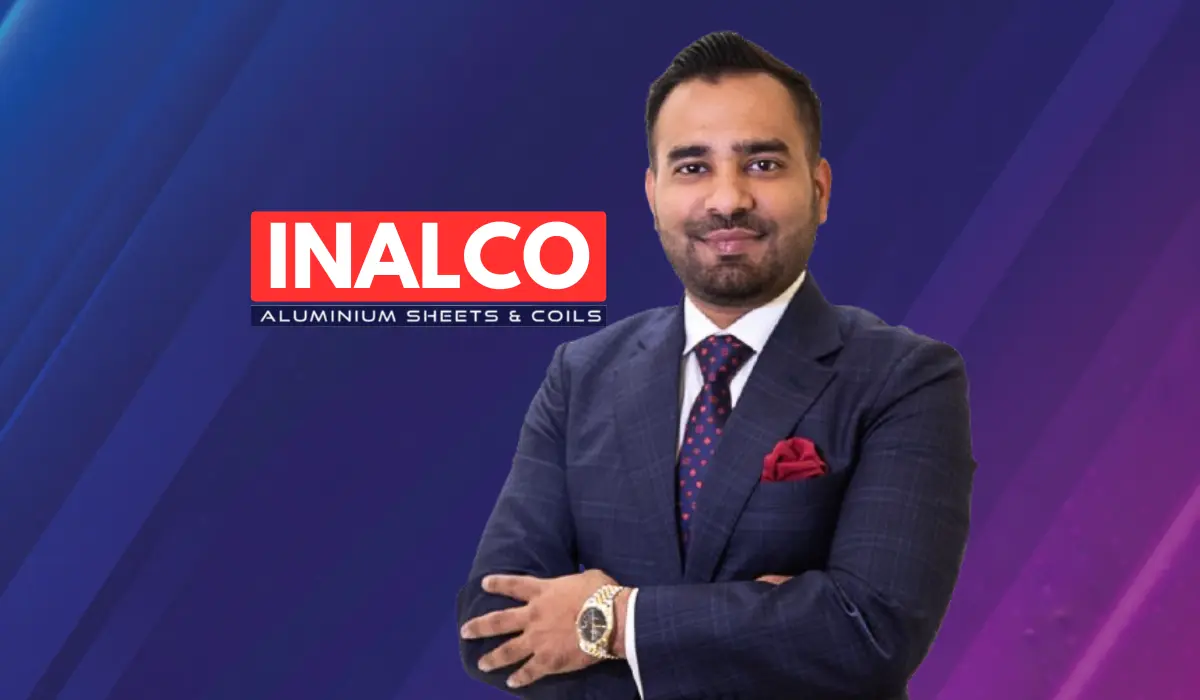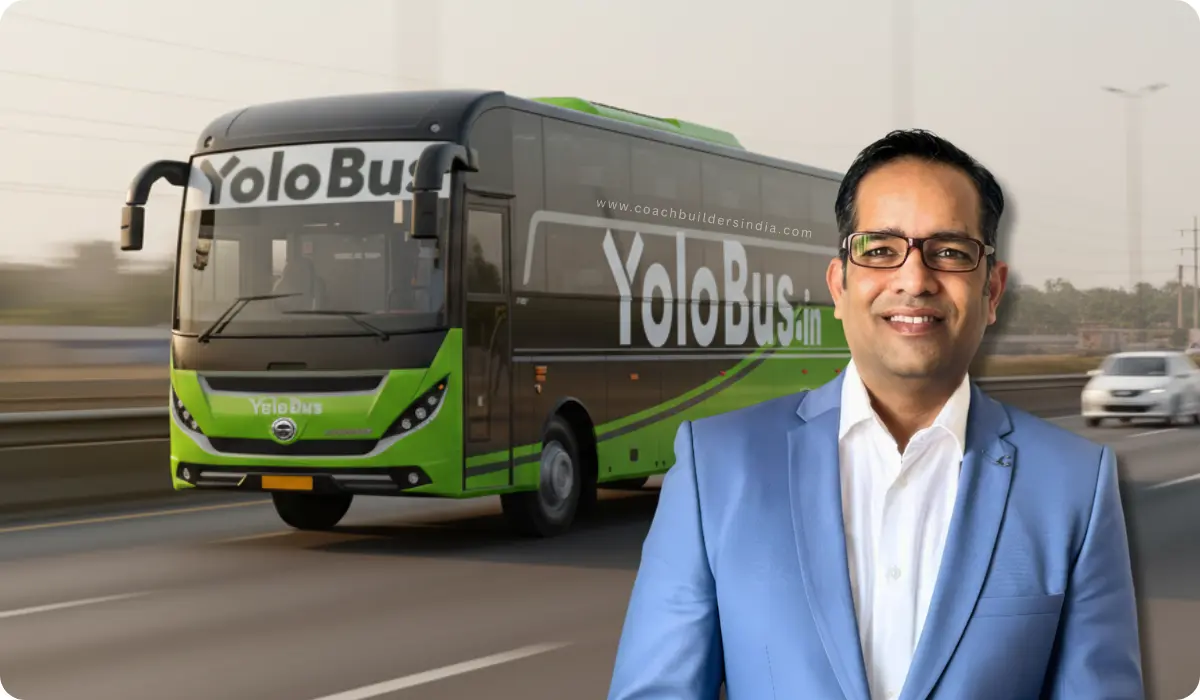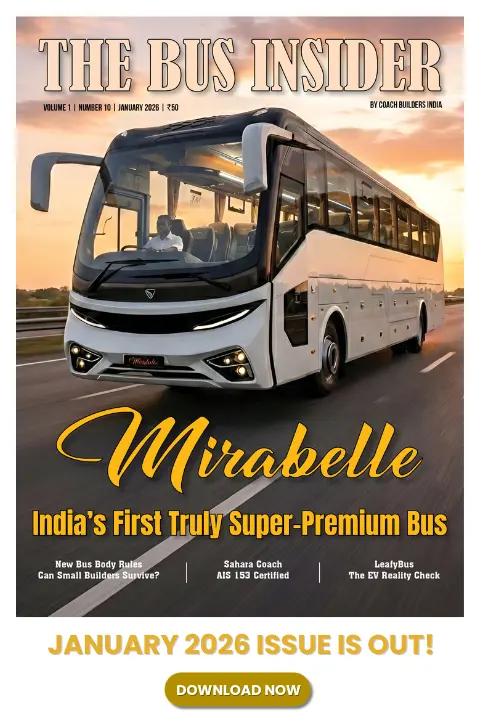Asish Luxuria: Turning Passenger Feedback into a Brand
Asish Kumar Borgohain, a young bus operator from Assam, transformed passenger feedback into a design-led, customer-first bus brand, redefining travel comfort and reliability.
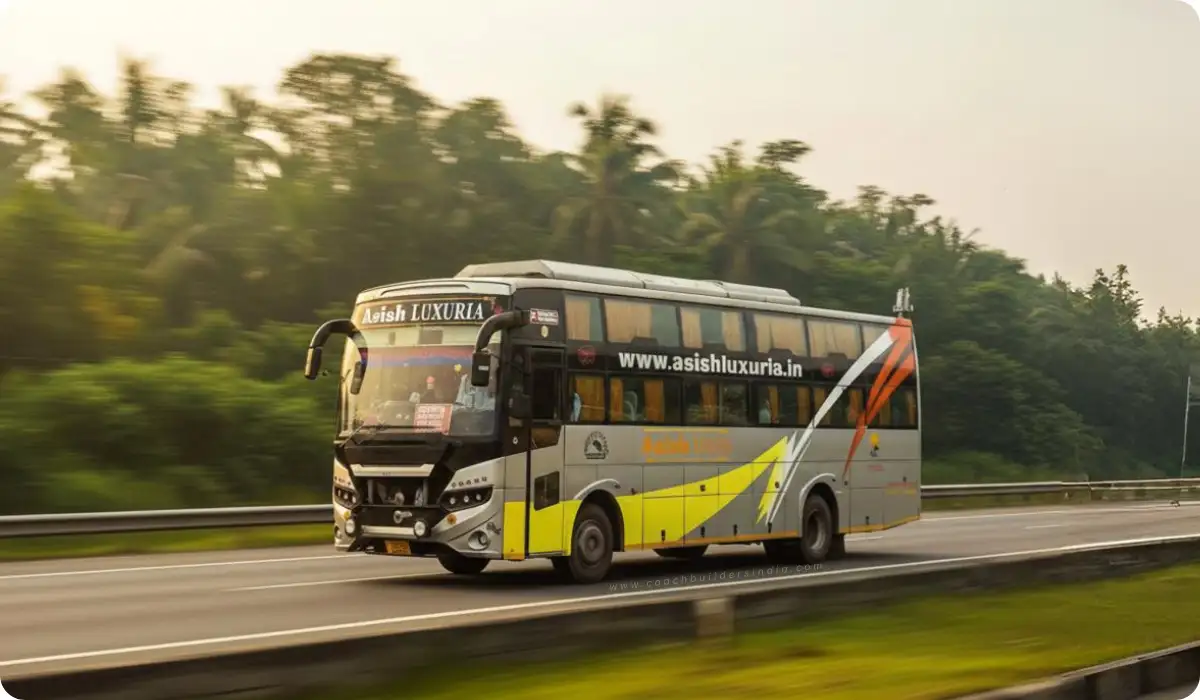
When Asish Kumar Borgohain made headlines for turning the back of his bus into prime real estate, it wasn’t just clever — it was a glimpse into how he thinks.
What started as one operator’s creative response to a persistent industry problem soon became a statewide trend. But behind that innovation lies something deeper – a mindset tuned to observation, reinvention, and long-term value.
Because Asish Luxuria isn’t just about layout tweaks. It’s about a young operator who treats his passengers like people, treats feedback like strategy, and treats every route as a learning opportunity.
Diwali Special: How Bus Operators Gear Up for India’s Festive Rush
A Brand Built from Lessons on the Road
Asish began his journey in 2019 with just two second-hand buses under the name Hornbill Transport. Like many small operators, he entered the business with ambition and limited resources. Then came the pandemic, and with it, a brutal test of resilience.
Instead of pulling back, Asish made a choice that would define his path; he doubled down, sold his aging fleet, and reinvested in two brand-new buses by 2022.
That’s when Hornbill Transport became Asish Luxuria – a name that, for him, wasn’t just branding but a statement of intent. The rebrand marked a shift from being just another bus operator to becoming a customer-first, design-led service built on comfort, reliability, and curiosity.
From cabin upgrades to timing precision, every detail was a result of listening carefully to what passengers really wanted – and acting on it.
IRA Travels’ Kaja Prem Lal Exposes the Hidden Cracks in India’s Bus Industry
What the Road Taught Him
Over the past few years, Asish has learned that the passenger mobility business is just as much about listening as it is about logistics. While routes and schedules may define the business on paper, what truly drives it is how passengers feel about the journey.
“Treat your passengers like people, not just ticket numbers,” he says – a philosophy that has become central to how he operates. And he means it. From cabin design to departure timing, every operational change at Asish Luxuria starts with what passengers are saying.
“Passenger feedback is gold,” he adds. “It tells me what’s working, what isn’t, and what we should try next. A lot of what we do now has come directly from those insights.”
For Asish, feedback isn’t a formality – it’s a tool. He doesn’t just collect it; he acts on it. He believes that small, consistent changes are what shape the bigger journey.
“At the end of the day, passengers care about two main things – good service and arriving on time,” he says. “If you get that right, they remember the experience, and more importantly, they come back.”
“At the end of the day, passengers care about two main things – good service and arriving on time. If you get that right, they remember the experience, and more importantly, they come back.”
Navigating the Challenges of the Northeast
Operating a private bus business in the Northeast comes with its unique set of hurdles. From tough geography and road conditions to limited growth opportunities, the region demands more from its operators than just running buses on time.
One of the biggest limitations is low inter-state connectivity. Unlike other parts of India where buses freely crisscross state borders – like Delhi to Jaipur or Bangalore to Chennai – the Northeast has far fewer cross-border routes.
As a result, operators are mostly con ned to short intra-state circuits. “We don’t have the luxury of scaling up like operators in metro corridors,” says Asish. “We’re boxed in by geography and policy.
Another unusual aspect of the region is the level of luxury expected by passengers. In Assam, buses, even on shorter, under-300-km routes, are far more premium than in most other states. That’s a consumer preference operators can’t ignore.
“Here, the standard of buses is way ahead of many parts of India,” explains Asish. “For example, even in regular seater services, we operate only 2×1 seating layouts with reclining seats. There are no basic 2×2 seaters.”
While this improves passenger comfort, it also reduces the total number of seats per bus, directly affecting revenue potential. Building and maintaining such luxurious fleets comes at a significantly higher cost, often with shrinking margins.
To make matters tougher, operators cannot adjust fares to match rising operational costs. The fare system is entirely government-regulated.
“No matter how many amenities or luxuries you provide – whether it’s Wi-Fi, premium seats, or onboard refreshments – the fare remains fixed,” says Asish. “And once set, it doesn’t change for years.”
With no scope for dynamic pricing, even during peak seasons or high-demand periods, it becomes almost impossible to recover investment in premium upgrades.
Adding to the pressure is the intensity of competition in Assam’s bus market. Asish points out that on most routes, where only two buses could sustain demand, there are often ten in operation. This overcrowding has worsened in recent years, largely due to the government’s Uberization scheme – a subsidy program designed to promote entrepreneurship in the transport sector.
“When the Uberization scheme was introduced, it attracted a wave of new entrants,” says Asish. “From the outside, the bus business looks very lucrative. So many people took the subsidy, bought buses, and jumped in.”
However, many of these newcomers lacked industry experience and soon shut down after facing the operational realities.
“Unfortunately, while many exited, they left a dent in the market. It hit serious operators hard by pushing fares down and flooding already saturated routes.”
On top of that, an increasing number of operators have started offering deep of ine discounts to fill empty seats. While it might temporarily help with occupancy, Asish believes it’s a damaging practice in the long run.
“It devalues the service and confuses passengers. If someone pays full fare and the person next to them gets a big discount without reason, they feel cheated,” he explains. “Instead of a race to the bottom, we should be focusing on improving quality and consistency.”
Urban Sphere: India’s Bold New Force In Connected, Sustainable Mobility
Improve What You Have, Win Who You Serve
When asked about expansion, Asish doesn’t talk about adding more buses or chasing scale. His focus is on getting the basics right and then making them better.
“This business is not like running a regular shop,” he says. “Passenger expectations change every day. Routes evolve. The only way to grow is by constantly adapting.”
Instead of stretching his resources thin, he’s investing in the ner details; cleaner buses, better customer support, more punctual operations, and consistent service delivery – quiet improvements that build trust and keep passengers coming back.
75 Years of BRS Travels: Ashwin Reddy Reflects on a Legacy of Trust and Transformation
Takeaway for Operators
Asish Kumar Borgohain’s story is a reminder that success in the bus business doesn’t always come from feet size or flashy tech – sometimes, it’s about how closely you listen, how quickly you adapt, and how deeply you care about the passenger experience.
From turning the back row into a selling point to refining every detail of the ride, Asish Luxuria was built on observation, humility, and smart execution. His journey proves that even in a saturated and challenging market, a fresh mindset and consistent service can set a small operator apart – and turn a struggling business into a standout brand.
This interview was originally published in the August 2025 issue of our monthly magazine, The Bus Insider.
🔊 Are you a bus fleet operator or business in the bus industry? Share your story with us and gain valuable exposure to a wide-reaching, industry-focused audience. Contact us at violina@coachbuildersindia.com or WhatsApp +91 8448229959 to get featured!
Catch the latest Bus Industry updates, Exclusive Interviews, Bus News, and International Bus News on Coach Builders India. Download the latest issue of the The Bus Insider magazine for more insights.
